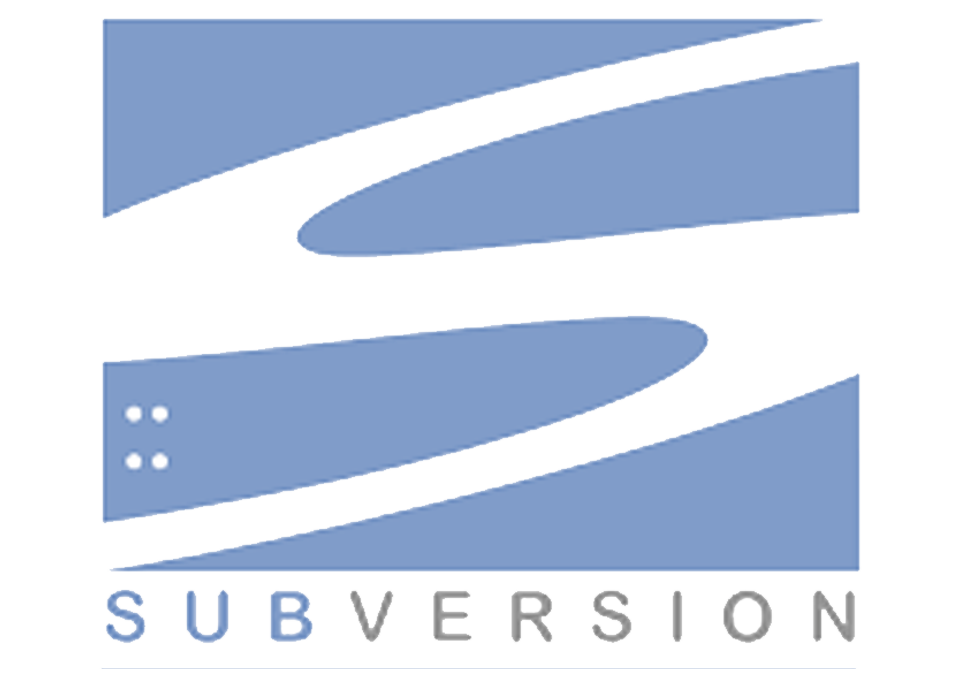- Call us: +1 (469) 756-6329 | +91 7004 215 841
- Email: info@devopsconsulting.in
Subversion Training
ABOUT
The Subversion (SVN) Training at DevOpsConsulting.in is designed to provide participants with a comprehensive understanding of Apache Subversion, a widely used version control system that helps manage code and documentation in software development projects. The course covers the essential concepts of SVN, including repository setup, versioning, branching, merging, and collaboration in team environments. Participants will learn how to use Subversion to track changes, maintain code integrity, and facilitate collaboration among developers. The training also explores advanced topics such as conflict resolution, repository management, and integrating Subversion with DevOps tools like Jenkins and CI/CD pipelines for automated deployments.

Through practical exercises and real-world examples, learners will gain hands-on experience in using SVN to streamline development workflows and enhance team productivity. This course is ideal for developers, DevOps engineers, and IT professionals looking to implement effective version control practices in their projects using Subversion.
COURSE OBJECTIVES
The objectives of the Subversion (SVN) Training at DevOpsConsulting.in are:
- Understand Subversion Fundamentals: Gain a thorough understanding of the core concepts of Apache Subversion, including its architecture, repository management, and version control principles.
- Master SVN Operations: Learn essential SVN commands and operations, such as checkout, commit, update, merge, and branch, to effectively manage and track code changes.
- Implement Version Control Best Practices: Develop proficiency in using Subversion for version control, including branching strategies, merging, and conflict resolution to maintain code integrity and streamline development processes.
- Facilitate Team Collaboration: Understand how to use SVN to enable efficient collaboration among team members, manage shared repositories, and coordinate changes across multiple contributors.
- Integrate with DevOps Tools: Learn to integrate Subversion with popular DevOps tools and services, such as Jenkins and CI/CD pipelines, to automate build, test, and deployment processes.
- Manage Repository and Access Control: Explore techniques for managing SVN repositories, configuring access permissions, and ensuring security and compliance in version control practices.
- Apply SVN in Real-World Scenarios: Gain practical experience by working on real-world projects that require effective use of Subversion for managing code, documentation, and development workflows.
- Optimize Development Workflows: Utilize Subversion features to enhance development productivity, maintain code quality, and support efficient version control in complex projects.
PRE-REQUISITES
The prerequisites for Subversion (SVN) Training at DevOpsConsulting.in are:
- Basic Knowledge of Version Control Systems: A foundational understanding of version control concepts and systems is beneficial. Familiarity with other version control tools, such as Git or Mercurial, can provide useful context.
- Understanding of Software Development: Participants should have a basic grasp of software development practices, including coding, testing, and debugging, to better understand the role of version control in the development lifecycle.
- Command Line Experience: Some experience with the command line interface (CLI) in Unix, Linux, or Windows environments is helpful, as SVN commands are typically executed via the CLI.
- Interest in Collaborative Development: A willingness to learn how version control supports team collaboration and code management is essential for making the most of the training.
FEATURES
The Subversion (SVN) Training at DevOpsConsulting.in offers several key features designed to provide a thorough and practical learning experience:
- Comprehensive Curriculum: Covers fundamental and advanced SVN topics, including repository setup, versioning, branching, merging, and conflict resolution, ensuring a complete understanding of Subversion.
- Hands-On Exercises: Includes practical labs and real-world projects to give participants hands-on experience in using Subversion for effective version control and collaboration.
- Expert-Led Instruction: Delivered by experienced instructors with extensive knowledge of Subversion and version control best practices, offering valuable insights and practical guidance.
- Integration with DevOps Tools: Focuses on how to integrate SVN with popular DevOps tools like Jenkins, enabling automation of build and deployment processes within CI/CD pipelines.
- Collaborative Learning Environment: Emphasizes team-based learning and collaboration, helping participants understand how to manage shared repositories and coordinate changes among multiple developers.
- Repository and Access Management: Teaches techniques for managing SVN repositories, setting up access controls, and ensuring security and compliance in version control practices.
- Real-World Application: Course content is designed to address real-world scenarios, allowing participants to apply SVN techniques to complex projects and development workflows.
- Ongoing Support: Provides continuous support through Q&A sessions, forums, and access to course materials, ensuring that participants can resolve issues and deepen their understanding after the course.
- Certification: Participants receive certification upon successful completion of the course, validating their expertise in using Subversion for version control and project management.
AGENDA
Fundamental Concepts
- The Repository
- The Problem of File Sharing
- The Lock-Modify-Unlock Solution
- The Copy-Modify-Merge Solution
Subversion in Action
- Subversion Repository URLs
- Working Copies
- Revisions
- How Working Copies Track the Repository
- Mixed Revision Working Copies
Basic Usage
- Help!
- svn import
- Recommended Repository Layout
- Disabling Password Caching
- Authenticating As a Different User
Basic Work Cycle
- Update Your Working Copy
- Make Changes to Your Working Copy
- Examine Your Changes
- Undoing Working Changes
- Resolve Conflicts (Merging Others' Changes)
- Commit Your Changes
Examining History
- Generating a List of Historical Changes
- Generating a List of Historical Changes
- Browsing the Repository
- Fetching Older Repository Snapshots
- Disposing of a Working Copy
- Recovering from an Interruption
Advanced Topics
- Revision Specifies
- Properties
- File Portability
- Locking
- Changelists
- Network Model
Branching and Merging
- Using Branches
- Basic Merging
- Advanced Merging
- Tags
- Branch Maintenance
- Common Branching Patterns
- Vendor Branches
Repository Administration
- Strategies for Repository Deployment
- Creating and Configuring Your Repository
- Repository Maintenance
- Server Configuration
- Customizing Your Subversion Experience



|
|---|
